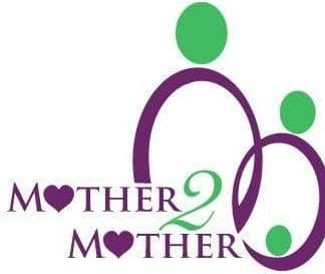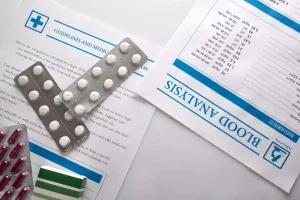
In contrast, prolonged alcohol use disrupts brain chemistry, exacerbating depressive symptoms and increasing the risk of relapse if both conditions are not treated together. Integrated treatment approaches, combining therapy, such as cognitive behavioural therapy (CBT), with medications like antidepressants and alcohol-craving reducers, offer the best chance for success. Holistic strategies, including lifestyle changes like exercise and mindfulness, further support brain and emotional healing, while aftercare programs and support networks provide long-term accountability. These chemical changes increase susceptibility to depression, making it more likely for individuals with heavy drinking habits to develop mental health issues. Studies reveal that heavy drinkers experience much more signs of depression and anxiety, highlighting the powerful connection between alcohol-induced brain changes and emotional health. The important point here is substance abuse by a partner causes damage to the marriage or relationship, and these problems need to be treated, how does alcohol affect relationships too.
Gateway Foundation Hosts its Annual Connecting for Recovery Luncheon

This can lead to misunderstandings, disputes, and a decrease in the quality of one’s interpersonal ties. Alcohol use disorder is a complex condition that can wreak havoc on relationships. Fortunately, there are several ways to address or prevent alcohol problems in your relationship. While shielding your partner from the truth may seem an innocent defense mechanism, it can eventually lead to consistent lies and more and more mistrust in the relationship. Alternatively, you can email us at and we will help you find the treatment you or your loved ones need.
- A relationship needs both parties to communicate clearly, and alcohol interferes with that.
- Most people know that drinking too much can harm your mental and physical health.
- TheAddictionResource.com does not endorse any programs or guarantee the quality of care that may or may not be provided by any provider, or the results to be achieved, by any treatment provider or attorney(s).
- This risk is especially high during alcohol intoxication because lowered sexual inhibition can make it difficult to withdraw in time.
- Studies show that females who are in relationships with males struggling with AUD experience higher rates of depression, anxiety, physical health problems, and occupational and social disruptions.
Reach out to our expert support team 24 hours a day
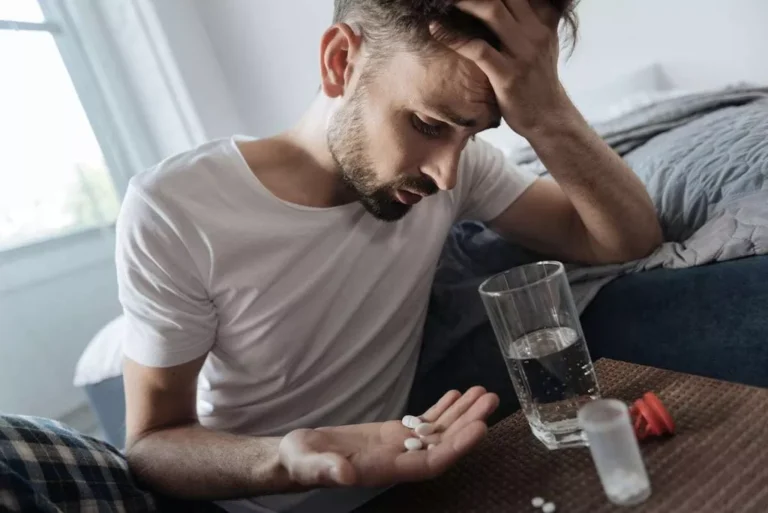
But for many people, it can also be a source of conflict in their relationships. Too much drinking can lead to less time spent together—and the time you do spend together can feel less meaningful. For example, someone who drinks a lot might miss out on time with their spouse https://ecosoberhouse.com/ because they’d rather be at a bar or party. And when they’re home, they might choose to drink instead of being present with their loved ones. Excessive drinking has numerous impacts on your body and mind, ranging from mild to severe. Abuse of alcohol on a chronic basis, putting off one’s obligations, and putting a burden on one’s mental and physical health can make it challenging to sustain a relationship that is both healthy and enjoyable.
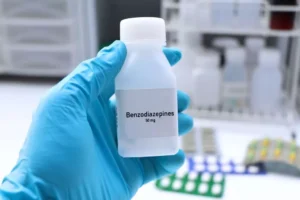
Signs of Substance Abuse: Ways to Spot a Potential Problem in Friends and Family
- For example, if you abandon important roles and responsibilities as a result of alcohol misuse, family members are left to pick up the slack and take on extra household, childcare, and financial responsibilities as a result.
- When you complete your course of treatment, we’ll ensure you have the appropriate level of aftercare in place so you and your loved ones can enjoy all that sober life has to offer.
- The licensed treatment provider is obligated to provide information to anyone who inquires to the proper level of help that is needed or desired for their particular situation.
This can lead to inconsistent discipline, neglect of children’s needs, and an overall lack of stability in the home environment. Focus on reducing alcohol use and improving communication to rebuild trust and manage responsibilities effectively. Drunk dialing refers to an intoxicated person making phone calls that they would not likely make if sober, often a lonely individual calling former or current love interests. In some cultures, including those with religious traditions, consuming alcohol in moderation to celebrate joyful occasions is accepted in a non-religious, secular context. The alcoholic is like a “roaring tornado” racing its way through the lives of others, many experts say, noting that those in the path of destruction didn’t cause the disease, nor can they control it.
Signs That Alcohol Is Causing Issues in Your Relationships
The center was founded by Chris Herren, a former college and NBA basketball star with the Boston Celtics and Denver Nuggets, who earlier in life succumbed to addiction, then found healing in specialized treatment. The first thing to remember is that it can be hard to focus on the facts rationally when you’re drunk. The other person’s logic may be foggy too, which can make it difficult for both of you to keep your cool during an argument. The arguments may intensify, and this can lead to physical altercations like slamming doors or throwing things, which are more dangerous when you’re under the influence. Alcohol has a direct impact on relationships and is responsible for millions of failed relationships, divorces, and broken families. They will argue more, create problems within the marriage, and increase the risk of breakup and divorce.
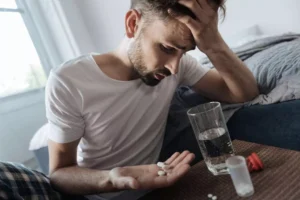
Unfortunately, studies consistently demonstrate that, regardless of the sex of the partner with AUD, if at least one person in the relationship has an AUD, the risk of DV is high. If you’ve reached the point where it’s hard to communicate with your partner, consider reaching out to a therapist who specializes in couples and family counseling for help getting back on track. Participants also cited high levels of conflict and arguing, another Alcoholics Anonymous significant contributor to divorce, according to research from 2017. Alcohol can greatly increase the chance of aggressive behavior in some people and often plays a role in intimate partner violence. Alcohol can affect not only your ability to be intimate with your partner but also the way you interact with your partner sexually, according to a 2020 study. Alcohol use, especially when it’s excessive, can put a strain on your relationship with your intimate partner or spouse.
- Research has shown that involving partners in the treatment at some point can be very important in achieving a successful outcome.
- Austria, Switzerland and Germany determine that a barkeeper has to offer one or more non-alcoholic beverages at a cheaper price than any alcoholic drink.
- This behavior not only endangers the lives of those involved but can also result in legal consequences such as fines, license suspension, or even imprisonment.
- Alcohol does not cause abuse, but it can exacerbate existing issues and increase the likelihood of violent outbursts.
- The effects of alcohol on relationships may also look different in your life.
Alcohol Addiction Support
In this section, we explore five key ways in which alcohol influences life and everything around relationships. Several types of professional programs and levels of addiction services can treat alcohol use disorder, ensuring your loved one can seek one out that best fits their needs and lifestyle. While 12-step programs and inpatient rehabilitation are standard options, thanks to years of research, everyone can find a solution to help them reach sobriety. Regardless of whether the person is high-functioning, alcohol addiction is a severe disease.

